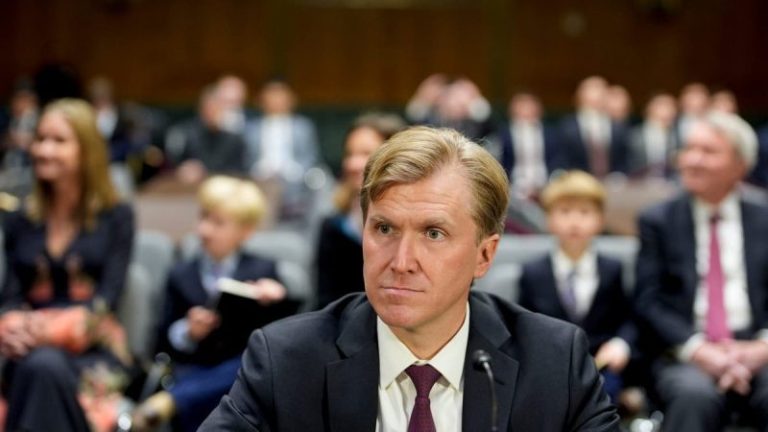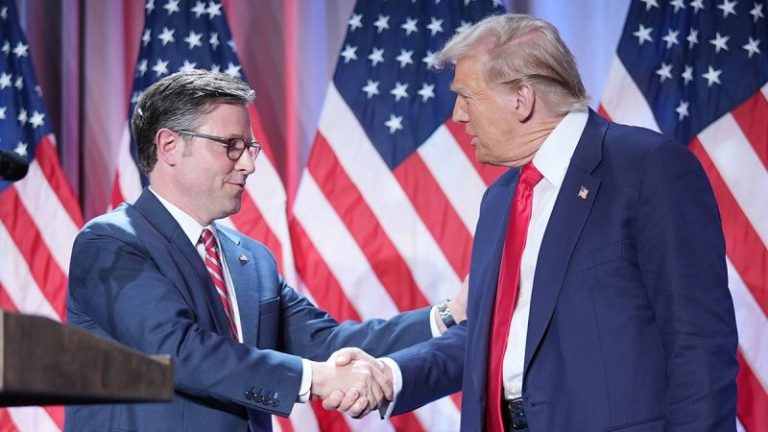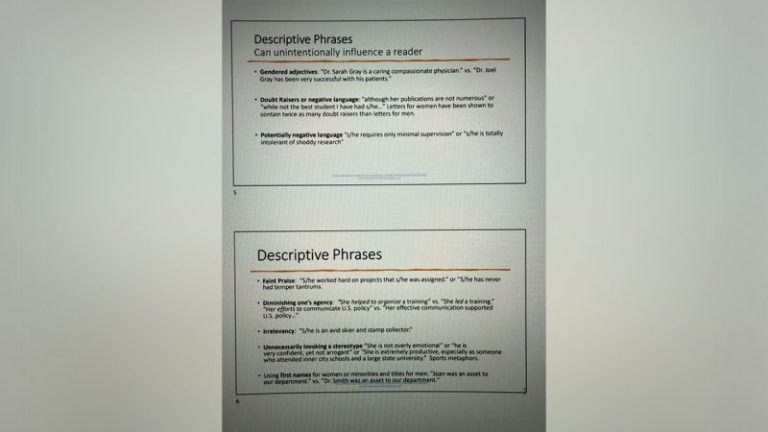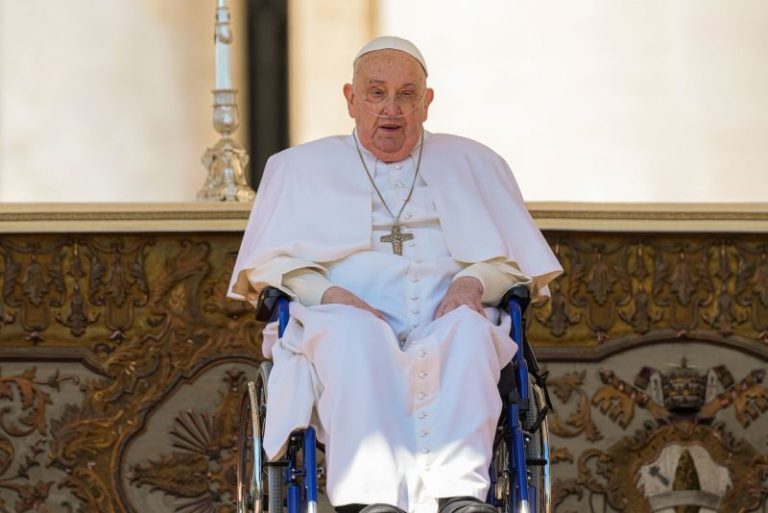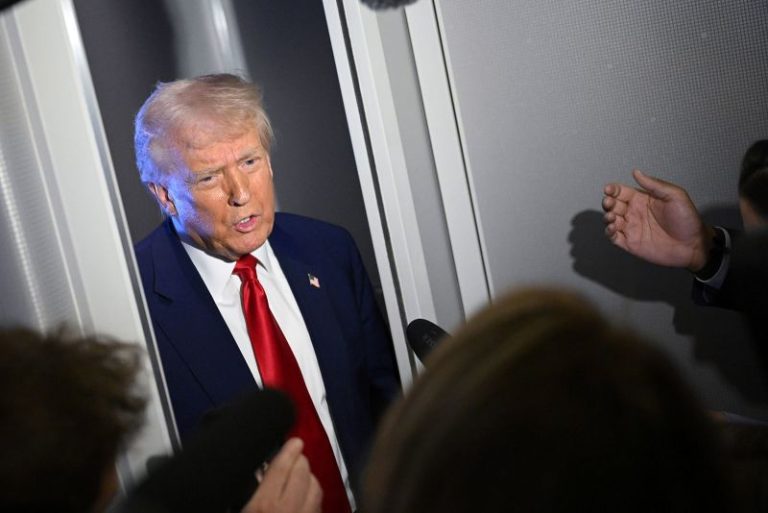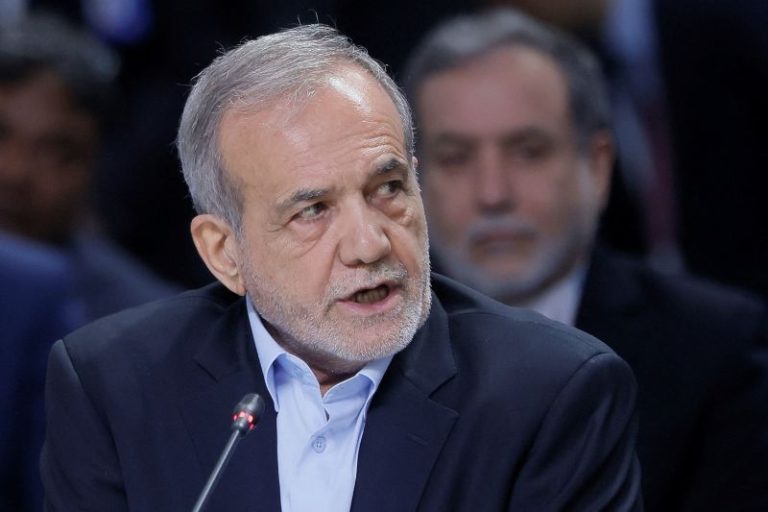The Senate voted Monday to invoke cloture on Elbridge Colby’s nomination, moving the national security strategist one step closer to confirmation as undersecretary of defense for policy, the Pentagon’s No. 3 post.
The procedural vote, which limits debate and tees up a final confirmation vote, passed by a margin of 53 to 49. Colby’s nomination advanced out of the Armed Services Committee last month, overcoming skepticism from hawkish Republicans like Sen. Tom Cotton, R-Ark., during a closed-door vote.
Colby, a co-founder of the Marathon Initiative and a former Deputy Assistant Secretary of Defense for Strategy and Force Development under the Trump administration, is best known for his role in authoring the 2018 National Defense Strategy, which reoriented long-term military strategy toward a great power competition with China.
He has long argued the U.S. military needs to limit its resources in the Middle East in a pivot to the Indo-Pacific region.
Colby has scored staunch backing from a number of figures in Trump world, increasing the pressure on GOP skeptics to get on board with his nomination.
Vice President J.D. Vance paid a visit to Capitol Hill last month to offer support for his ‘friend’ Colby.
‘In so many ways, Bridge predicted what we would be talking about four years down the road, five years down the road, 10 years down the road. He saw around corners that very few other people were seeing around,’ Vance said at the time.
‘If you look at his long career in defense policy, he has said things that, you know, frankly, alienated Democrats and Republicans. He’s also said things that I think both Democrats and Republicans would agree with.’
During the hearing, Senate Armed Services Committee Chair Roger Wicker, R-Miss., questioned Colby on his previously stated position, ‘America has a strong interest in defending Taiwan, but Americans can survive without it.’
‘Your views on Taiwan’s importance to the United States seems to have softened considerably,’ Wicker told Colby.
Colby disputed that point, arguing he had been sounding the alarm that the U.S.’ ‘military balance has declined’ in relation to China.
‘What I have been trying to shoot a signal flare over is that it is vital for us to focus and enable our own forces for an effective and reasonable defense of Taiwan and for the Taiwanese, as well as the Japanese, to do more,’ said Colby.
When pressed by Cotton during the hearing, Colby said he believes Iran to be an ‘existential’ threat to the U.S.
‘Yes, a nuclear-armed Iran – especially, Senator, given that … we know they’ve worked on ICBM-range capabilities and other capabilities that would pose an existential danger to the United States,’ Colby said.
He promised to provide ‘credible good military options’ to the president if diplomacy with Iran fails.
It was a different tune than he’d sung in years past.
‘The only thing worse than the prospect of an Iran armed with nuclear weapons would be consequences of using force to try to stop them,’ Colby had said in 2012.
‘I would say a lot of what I was arguing against at the time, these conversations 15 years ago, a lot of the opponents I felt had a casual or in some cases even flippant attitude towards the employment of military force,’ Colby said. ‘That’s a lot of what I was arguing against. Was my wording always appropriate, was my precise framing always appropriate? No.’

